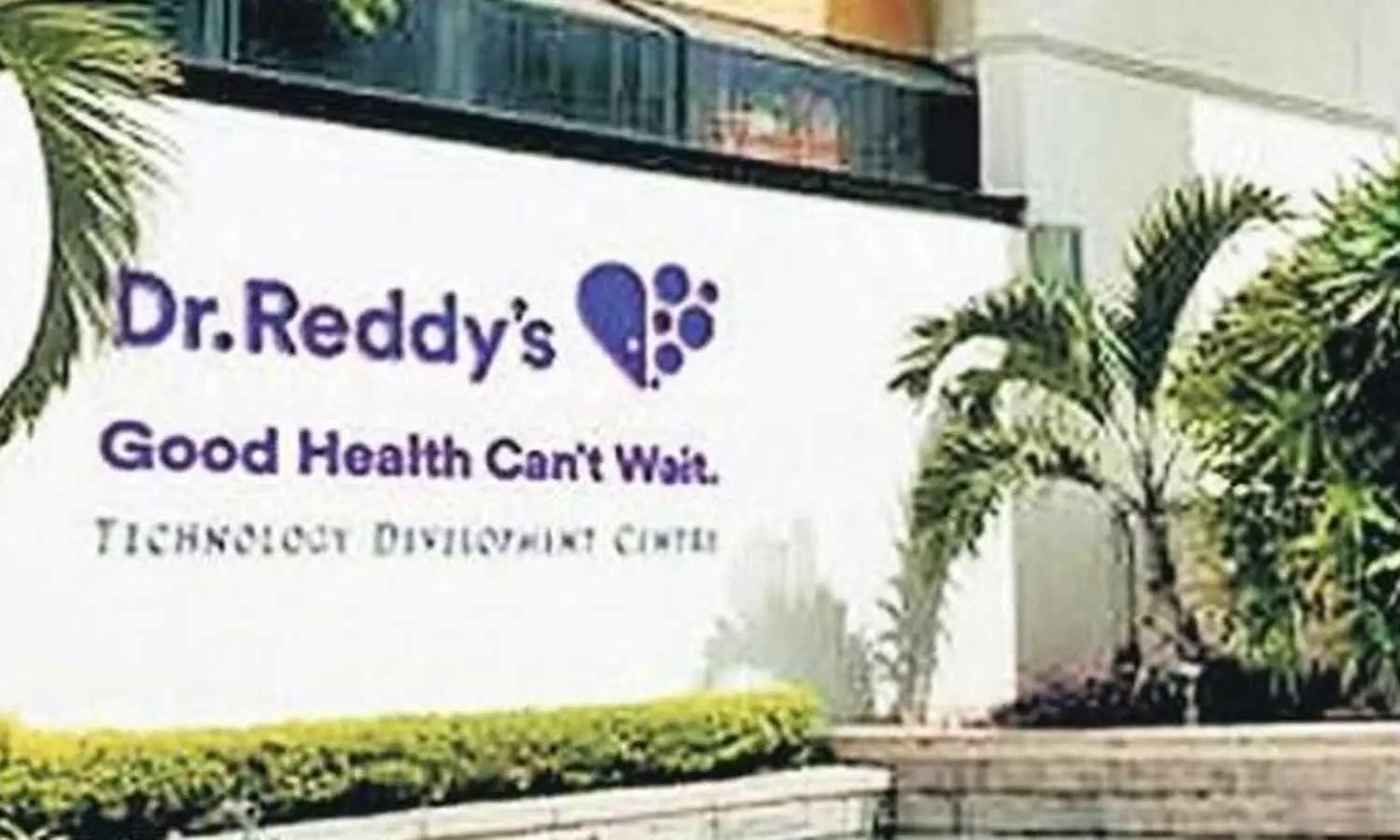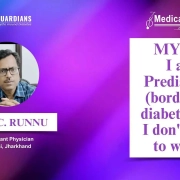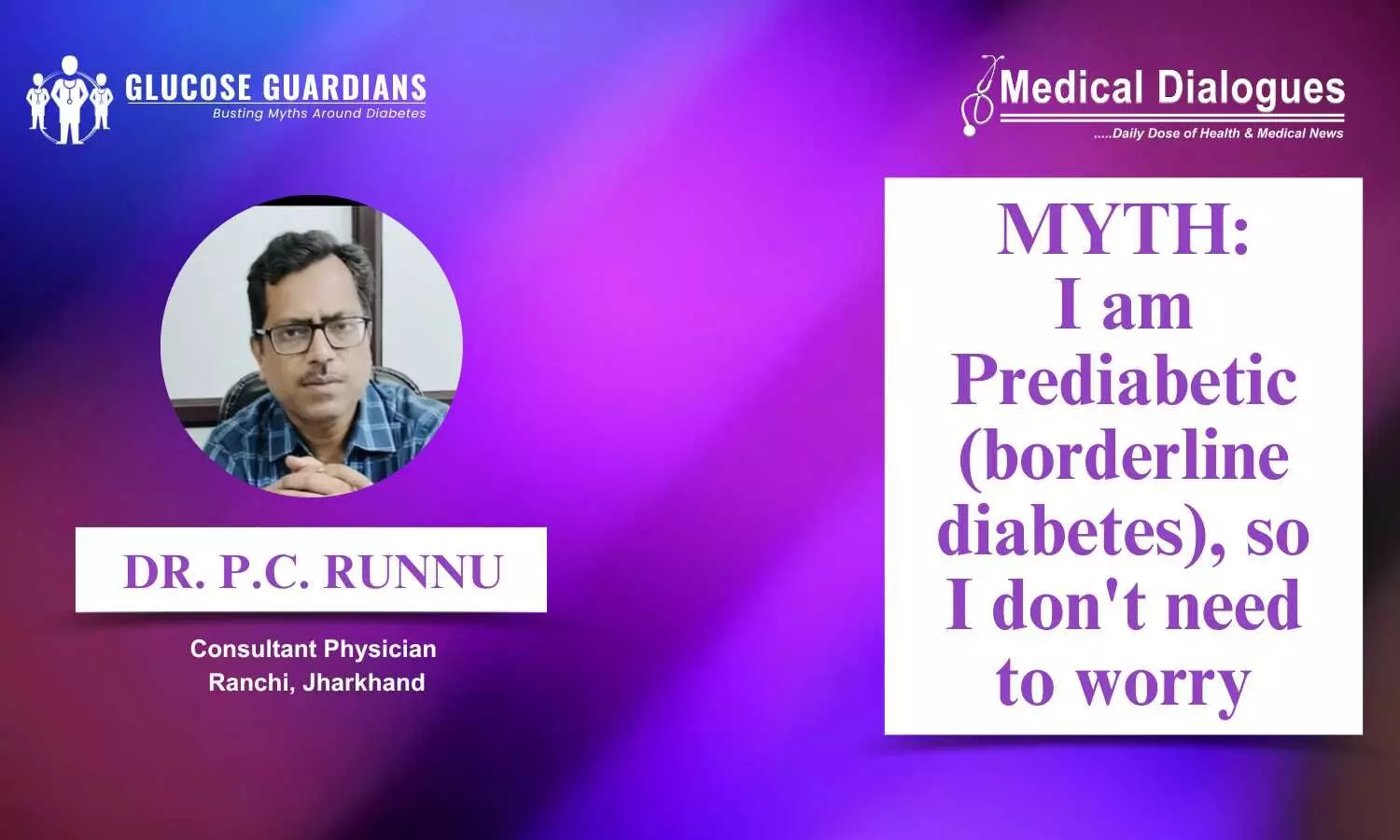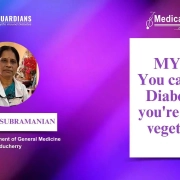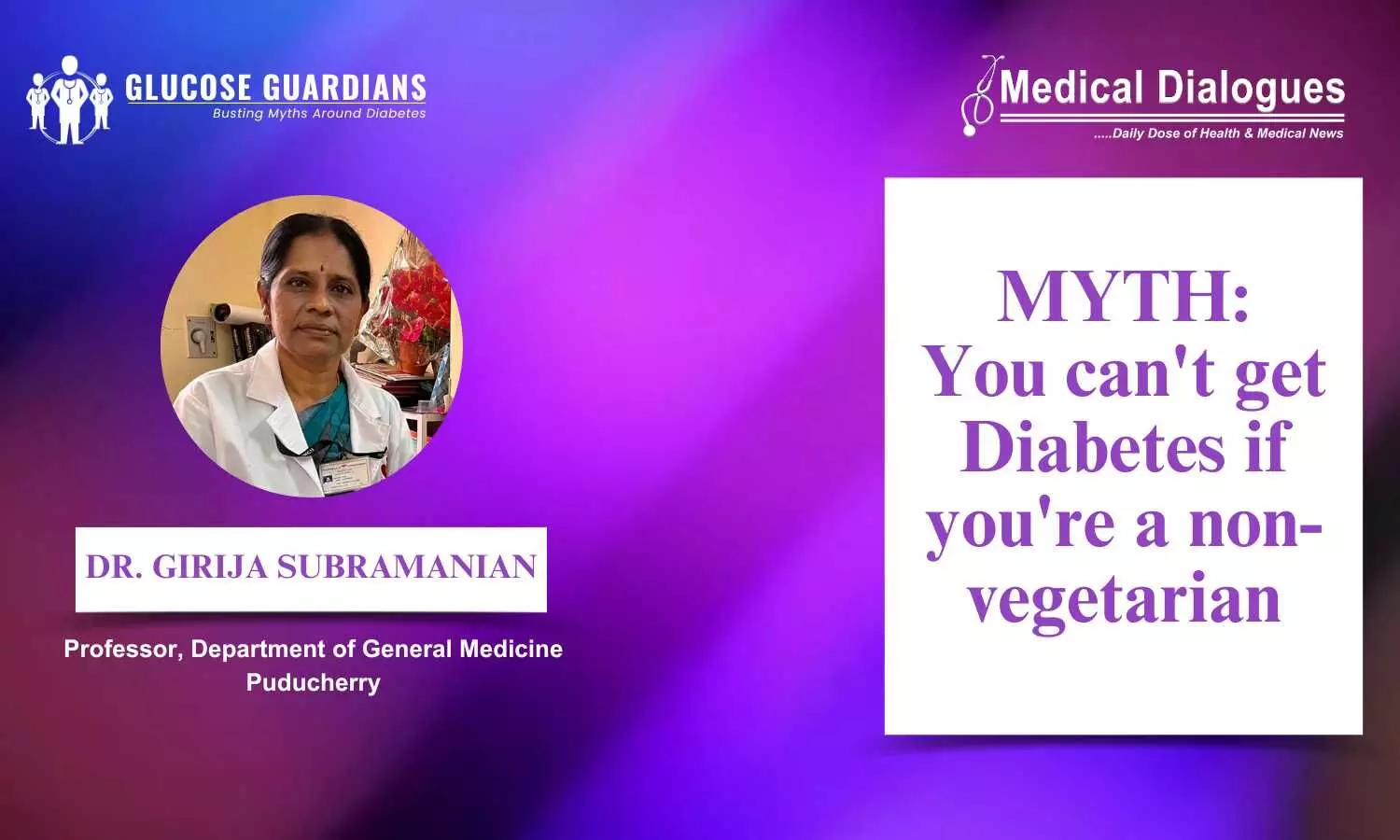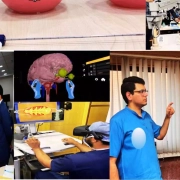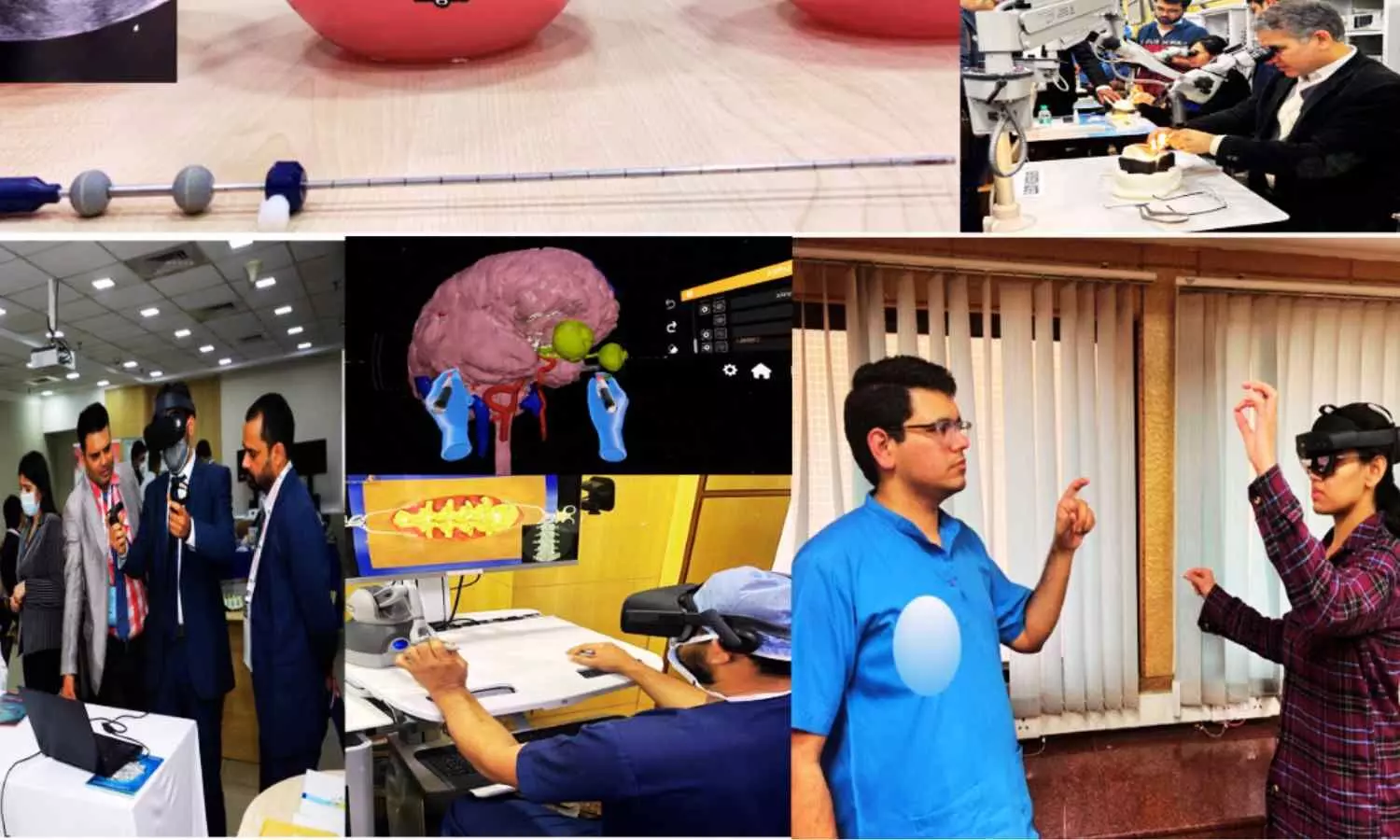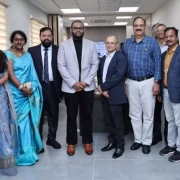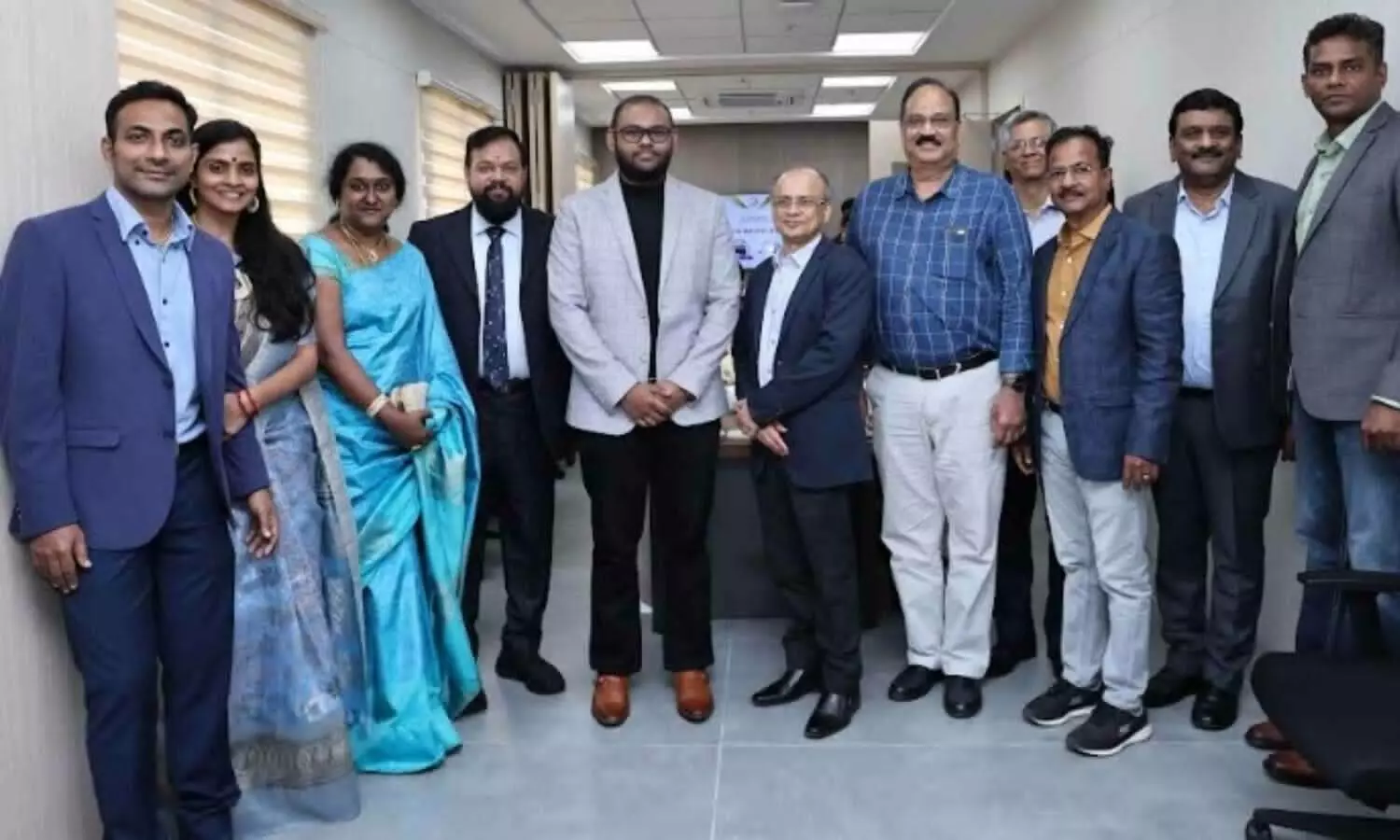New Delhi: In a groundbreaking move aimed at revolutionizing neurosurgical education and practice, the All India Institute of Medical Sciences (AIIMS) Delhi has unveiled a series of innovative initiatives. These initiatives, spearheaded by the Department of Neurosurgery, are designed to elevate standards in medical practice, enhance patient outcomes, and improve accessibility to advanced services.
With innovative training modules and technologies, Department of Neurosurgery of AIIMS, Delhi aims to equip neurosurgeons with new techniques and foster a culture of continuous medical education, officials said.
The Department of Neurosurgery at AIIMS Delhi has introduced a visionary approach to surgical training, hosting a range of innovative workshops featuring leading international and national experts.
This year, for the first time in India, the department utilised some of UpSurgeOn’s hyper-realistic surgical simulation models, it said.
One of the most notable advancements this year is the utilization of hyper-realistic surgical simulation models from UpSurgeOn, marking a first in India. These Italian models boast intricate layers and a realistic tissue feel, augmented with advanced, cadaver-free training through augmented reality applications.
In a bid to democratize neurosurgical education, the department has developed low-cost training modules. Notable among these is a simple ultrasound training module crafted from everyday materials. This ingenious model allows neurosurgeons to practice biopsies and localize deep brain lesions in a remarkably realistic environment.
This ingenious model, crafted from everyday materials transcends traditional boundaries to offer an immersive, hands-on learning experience.
“By utilising agar or jelly set within a glass jar to simulate the brain interface, and strategically placing berries to mimic brain lesions, trainees are offered a remarkably realistic environment to refine their skills. This affordable and easily accessible training module plays a crucial role in enhancing neurosurgeons’ ability to localise lesions,” the statement read.
Moreover, AIIMS Delhi has pioneered the development of novel solutions, including a low-cost endoscopic spine surgery simulator and a device for practicing micro-suturing, both constructed from readily available materials.
“These DIY devices, made from items such as mobile phones, optical cables, and cardboard boxes, provide surgeons with hands-on training at a fraction of the cost of foreign-made alternatives, costing less than 2000 rupees,” it said, adding that beyond their affordability, these simulators provide comprehensive training, from honing micro suturing skills to mastering endoscopic techniques, empowering surgeons with critical surgical proficiency, news agency ANI reported.
The ingenious integration of mobile phones can also allow experts to remotely provide telementoring to young surgeons, offering invaluable guidance and support previously unavailable.
Furthermore, the department has embraced collaboration with industry leaders like Microsoft and apoQlar to leverage mixed reality devices, such as the HoloLens 2. This technology facilitates a deeper understanding of complex surgical anatomy, particularly in high cervical surgeries.
Enhanced learning experiences using mixed reality devices like HoloLens 2, help students visualise complex anatomical structures in 3D, interactively explore medical scenarios, and gain practical insights. HoloLens 2, developed by Microsoft, is a mixed-reality headset that allows users to interact with holograms, overlaying digital information onto the physical world.
AIIMS, Delhi, has also invested in new digital surgery technology from Immersive Touch, a leading medical technology company building the digital surgery metaverse. Its Immersive View 5.0® VR (virtual reality) platform gives surgeons the ability to virtually plan and simulate each patient’s unique anatomy in 3D, before entering the operating room. This VR platform converts 2D data into a digital twin of the patient, providing surgeons with unobstructed views of the target anatomy from every angle and access to surgical planning tools with high fidelity with precise accuracy. More than 100 cases have been performed using the technology, which has helped both the surgeons and residents to virtually transport into the middle of an operating room for procedural rehearsal, enhancement of clinical performance, and training.
These simulators serve as invaluable tools for teaching various surgical techniques, paving the way for enhanced patient care nationwide.
Prof. Vivek Tandon, Professor of Neurosurgery, said that these simulators provide a secure environment for trainees to practice surgical techniques without risking patient safety.
“Offering repetitive practice, they boost confidence, muscle memory, and proficiency. The simulators’ realism ensures skills transfer seamlessly to real surgeries, resulting in better patient outcomes. Additionally, this cost-effective training decreases the need for cadaveric or live surgery sessions,” Dr Tandon said.
Prof. Shashank Kale, Head of the Department of Neurosurgery at AIIMS, Delhi, said that the department is committed to empowering neurosurgeons with skills and knowledge to provide exceptional patient care
“Our commitment to excellence in neurosurgical education and patient care is unwavering. Through our innovative training initiatives and strategic collaborations, we aim to empower the next generation of neurosurgeons. As the pioneers in the field of neurosurgery in India, we are proud to lead the charge in revolutionising surgical education and skill sets through our innovative initiatives. Through our low-cost simulators, our department is committed to empowering neurosurgeons with the skills and knowledge to provide exceptional patient care,” he added.
Also Read:Delhi AIIMS signs MoA with CAPFIMS, Cabinet nod to funding of Rs 2207.50 crore
